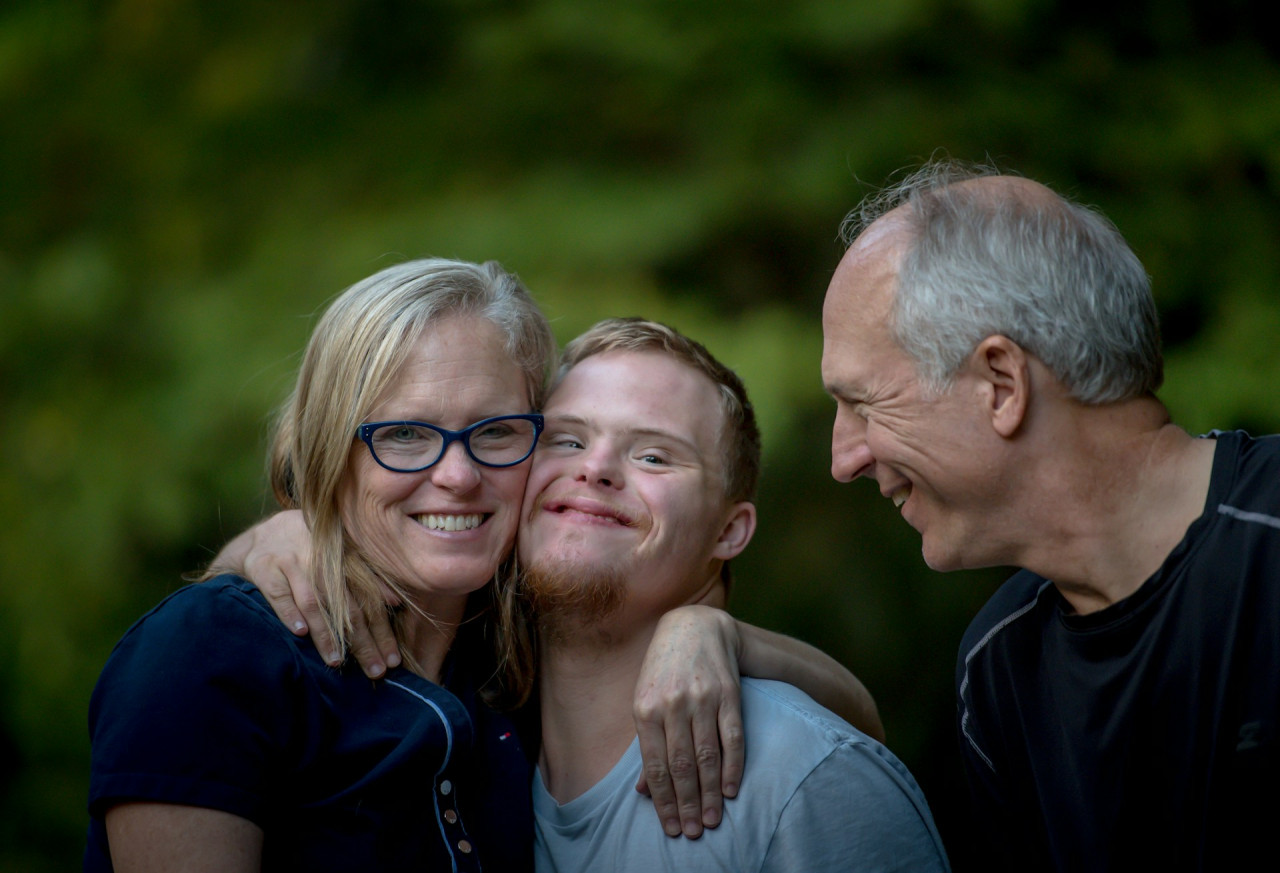Social Disability Lawyer Blog
SSDI for Neurodivergent Individuals - ADHD, Dyslexia, Down's Syndrome
Understanding Neurodivergence in the SSDI Context
In our legal practice, we recognize the diverse nature of neurodivergent conditions, including autism, ADHD, and other cognitive differences. Neurodivergent individuals may face distinct challenges in navigating the SSDI system, and from our perspective, it is crucial to acknowledge and understand these differences to provide effective support.
Social Security Disability Insurance (SSDI) provides financial assistance to people with disabilities. People with Down syndrome, Autism, ADHD, Dyslexia, etc, may qualify for SSDI and Supplemental Security Income (SSI) benefits. SSI benefits are available to people with disabilities from lower-income households. The Social Security Administration (SSA) considers people born with Non-Mosaic Down syndrome to be disabled from birth and automatically eligible for Social Security. Children with Down syndrome may receive up to $3,000 a month in financial benefits. Most children with Down syndrome have some level of intellectual disability, usually mild to moderate. Some people are approved for SSDI in as little as 30 days, while others may wait a year or longer.
Navigating the SSDI Application Process for Neurodivergent Individuals
One primary challenge we assist our neurodivergent clients with is navigating the SSDI application process. Neurodivergent conditions may not always fit traditional criteria, and our role is to guide clients in presenting their cases in a way that effectively communicates the impact of their conditions on daily functioning and work capabilities.
Adapting Documentation for Neurodivergent Cases
Effective documentation is key in SSDI claims, and it becomes especially nuanced in neurodivergent cases. From IEP records to neuropsychological assessments, we work closely with clients to adapt documentation to highlight the unique aspects of neurodivergent conditions, ensuring a comprehensive presentation of their needs.
Creating Inclusive Medical Reviews and Evaluations
Medical reviews are a pivotal stage in the SSDI process. Our role as disability lawyers is to advocate for inclusive medical reviews and evaluations that consider the specific characteristics of neurodivergent individuals. We collaborate with healthcare providers to ensure a thorough and accurate assessment of the ongoing impact of neurodivergent conditions.
Addressing Stigma and Misconceptions
Neurodivergent individuals may face stigma and misconceptions, which can impact the SSDI process. Our approach involves addressing these issues head-on, advocating for understanding and recognizing the validity of neurodivergent conditions within the disability framework.
Promoting Inclusive Policies and Accommodations
From a legal standpoint, we actively advocate for inclusive policies and accommodations within the SSDI framework. This includes ensuring that neurodivergent individuals have equal access to benefits and that the system recognizes the varied ways in which these conditions may impact an individual's ability to work.
If you or a loved one is living with autism, you may be wondering what rights autistic people have under the Americans with Disabilities Act (ADA). Perhaps you want to know if autism qualifies for disability benefits from the Social Security Administration (SSA). Children and adults over the age of 18 with autism may be eligible for financial assistance through Social Security disability or Supplemental Security Income.
When you subscribe to the blog, we will send you an e-mail when there are new updates on the site so you wouldn't miss them.

Comments